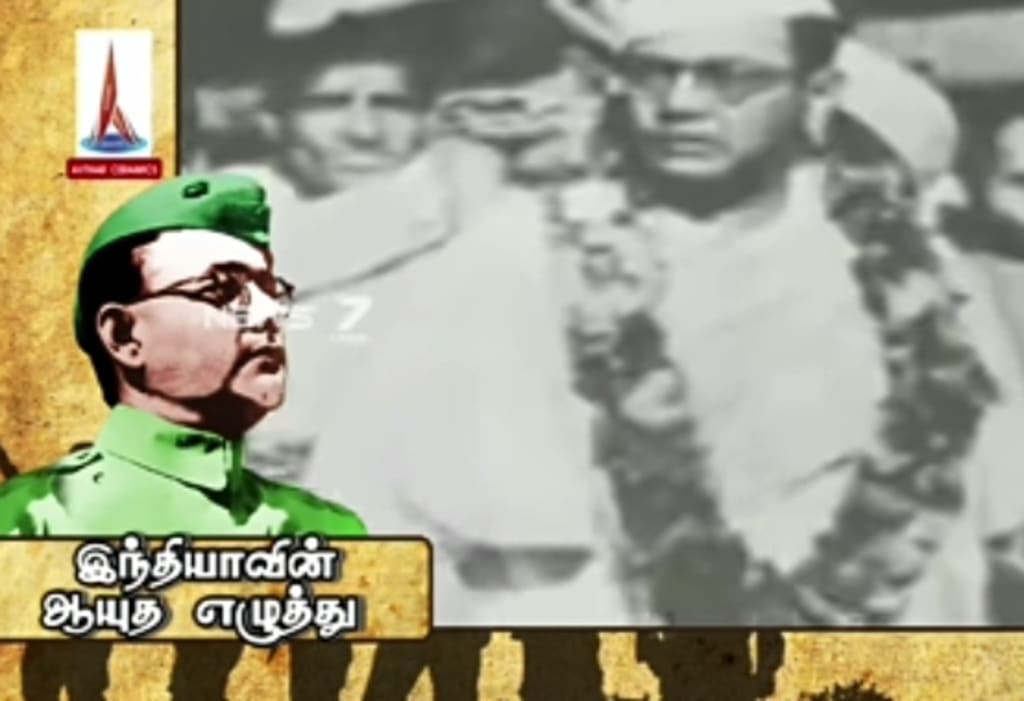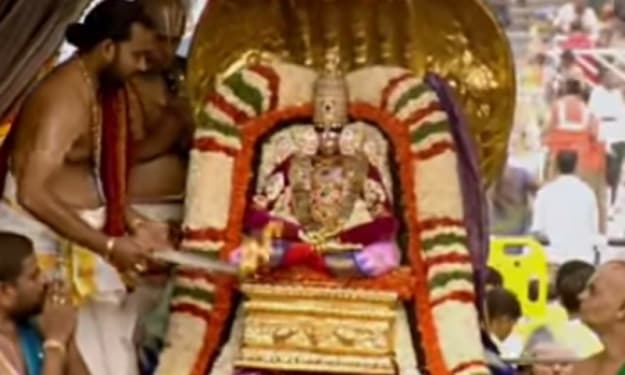Netaji's Progressive Administration
Subhas Chandra Bose, otherwise called Netaji, was one of the most noticeable heads of the Indian freedom development contrary to English rule. He was brought into the world on January 23, 1897, in Cuttack, Odisha, India, and assumed a urgent part in rousing and preparing the majority in their battle for opportunity.

NetajNetaji's Progressive Administration
Subhas Chandra Bose, otherwise called Netaji, was one of the most noticeable heads of the Indian freedom development contrary to English rule. He was brought into the world on January 23, 1897, in Cuttack, Odisha, India, and assumed a urgent part in rousing and preparing the majority in their battle for opportunity.
Bose's political excursion started with his contribution in the Indian Public Congress, where he rose to noticeable quality and turned into the party's leader in 1938 and 1939. Nonetheless, he in the end became frustrated with the Congress' moderate methodology towards accomplishing freedom and started supporting for a more extremist and assailant way.
During The Second Great War, Bose tried to take advantage of the open door introduced by India's colonizers' contribution in the conflict. He looked for help from different Pivot powers, including Nazi Germany and Supreme Japan, to assist with freeing India from English rule. Bose shaped the Indian Public Armed force (INA), otherwise called Azad Rear Fauj, fully backed up by the Japanese government. The INA contained Indian detainees of war and regular people in Southeast Asia.
Under Bose's authority, the INA directed military missions against the English in India's northeastern areas, especially in Burma (presently Myanmar). The INA's trademark, "Give me blood, and I will give you opportunity," resounded with numerous Indians, and the association turned into an image of opposition against English government.
Bose's venturesome endeavors and his magnetic initiative made him a respected figure among Indians. He turned out to be well known as Netaji, and that signifies "Regarded Pioneer" in Hindi. His unfaltering assurance and enthusiasm for autonomy motivated great many Indians to join the opportunity battle.
Unfortunately, Bose's life was stopped under puzzling conditions. In August 1945, while in transit to Southeast Asia, his plane crashed in Taiwan, prompting his less than ideal demise. The conditions encompassing his demise stay the subject of discussion and hypothesis right up to the present day.
Netaji Subhas Chandra Bose's heritage keeps on reverberating in India's battle for opportunity and its ensuing country building endeavors. He is recognized as a dauntless nationalist who considered testing the could of the English Realm and prepare the Indian masses in their quest for self-assurance. His trademark, "Jai Rear" (Triumph to India), stays a mobilizing weep for nationalism in the country.
Netaji's commitments and penances for the reason for Indian autonomy are regarded and celebrated through different establishments, including the Netaji Subhas Chandra Bose Indian Social Place in Kolkata, the Subhas Chandra Bose Island in the Andaman and Nicobar Islands, and the Netaji Subhas Chandra Bose Global Air terminal in Kolkata.
Netaji Subhas Chandra Bose's enduring soul, grit, and obligation to the goals of opportunity keep on motivating ages, helping us to remember the penances made by the people who battled for India's freedom. His heritage stays an essential piece of India's set of experiences and an image of versatility despite difficulty.
Early Life and Schooling: Netaji Subhas Chandra Bose was naturally introduced to a conspicuous Bengali family. His dad, Janakinath Bose, was a legal counselor, and his mom, Prabhavati Devi, came from a notable group of recognized intelligent people. Bose gave early indications of enthusiasm and authority abilities, which kept on forming his personality and goals.
Philosophical Impacts: Bose was profoundly affected by the lessons of Master Vivekananda and the idea of public assistance (seva). He had confidence in the standards of uniformity, civil rights, and selflessness. Bose's obligation to the reason for freedom was driven by his craving to elevate the discouraged and make a fair society.
Forward Coalition: After his disappointment with the Indian Public Congress, Bose established the Forward Alliance in 1939. It was a political association pointed toward solidifying the powers that supported for complete freedom from English rule. The Forward Coalition intended to join all enemy of radical powers, no matter what their philosophical contrasts, under one stage.
Extraordinary Getaway: In 1941, Bose was put detained at home by the English specialists. In any case, he figured out how to get away and set out on a dangerous excursion to arrive at Germany, where he looked for Adolf Hitler's help with India's opportunity battle. Bose's assurance and creativity during his departure procured him reverence and added to his amazing status.
Development of the Indian Public Armed force: In 1942, Bose showed up in Singapore and laid out the Temporary Legislature of Free India. He coordinated the Indian Public Armed force (INA) fully backed up by the Japanese government. The INA's essential goal was to battle close by the Hub powers against the English Raj and secure India's freedom.
Red Stronghold Preliminaries: The INA's tactical missions in Burma and Upper east India acquired huge consideration, and they were joined by great many Indian fighters and regular people. Nonetheless, as the tide of The Second Great War betrayed the Hub drives, the INA's fortunes disappeared. Bose's popular trademark, "Delhi Chalo" (Walk to Delhi), repeated the feeling of a freed India. Tragically, the INA confronted rout, and a few INA officials were caught and placed being investigated at the Red Stronghold in Delhi by the English specialists.
Bose's Heritage and Contentions: Netaji Subhas Chandra Bose's inheritance keeps on being a subject of deference, discussion, and discussion. His magnetic administration, patriot enthusiasm, and nervy activities have procured him a respected spot in India's battle for freedom. Notwithstanding, his coordinated effort with dictator systems like Nazi Germany and Royal Japan stays a quarrelsome part of his inheritance. The conditions encompassing his passing, especially the debate encompassing the supposed plane accident, have additionally prompted different hypotheses and hypothesis.
Netaji Subhas Chandra Bose's unyielding soul, immovable obligation to the reason for autonomy, and his progressive methodology keep on moving individuals across India and then some. His commitments to the opportunity development and his quest for an equitable and comprehensive society stay an essential piece of India's set of experiences and act as a wake up call of the continuous battle for basic freedoms and self-assurance.
About the Creator
Enjoyed the story? Support the Creator.
Subscribe for free to receive all their stories in your feed. You could also pledge your support or give them a one-off tip, letting them know you appreciate their work.





Comments
There are no comments for this story
Be the first to respond and start the conversation.